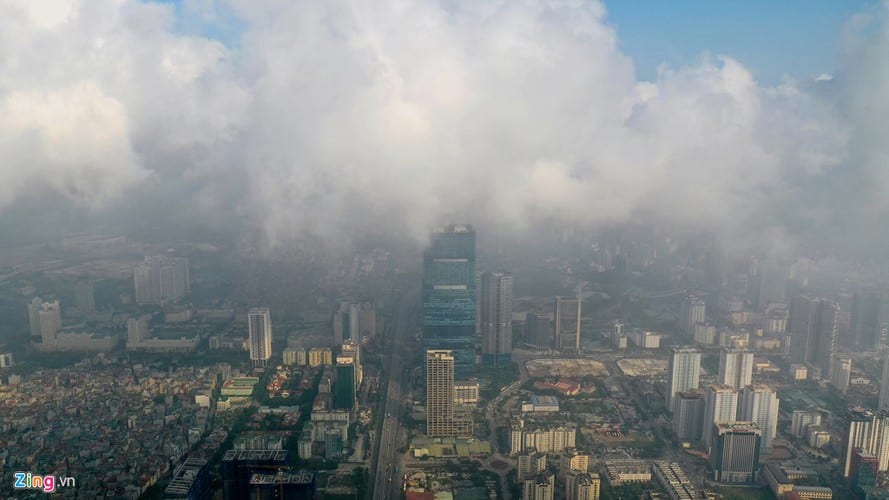While Vietnam is an attractive destination for expatriates, investors, and tourists due to its vibrant culture, growing economy, and strategic location, foreigners often face several challenges when living, working, or doing business in the country.
Sophie Dao, Senior Partner at GBS – Global Business Services LLC said: “Vietnam is an exciting market full of potential, but success requires preparation and local insight. At GBS, we’ve helped many foreign investors navigate these challenges, turning them into opportunities for growth and success.”
Below are the key pain points:
Language Barrier
Vietnamese is a tonal language, and proficiency in English varies widely across regions and demographics. While urban centers like Hanoi and Ho Chi Minh City have better English fluency, rural areas still pose significant language barriers. Misunderstandings in business negotiations, daily interactions, and official paperwork can create frustration and delays.
Hiring interpreters, learning basic Vietnamese phrases, and using translation apps can help bridge the communication gap.
Bureaucracy and Regulatory Complexity
Vietnam’s legal and administrative processes can be bureaucratic and time-consuming, particularly for foreign businesses and investors. Frequent regulatory updates and unclear interpretations of rules create hurdles. Delays in licensing, approvals, and compliance processes can affect business timelines and profitability. Partnering with experienced local legal consultants and advisors ensures smoother regulatory navigation.
Sophie Dao emphasizes: “Understanding Vietnam’s regulatory environment is essential for foreign investors. Partnering with local experts who understand the nuances of the system can make all the difference.”
Business Culture Differences
Vietnamese business culture places significant emphasis on relationships (guanxi), hierarchical structures, and indirect communication. Foreigners unfamiliar with these cultural nuances might struggle with negotiations, trust-building, and relationship management. Take time to build relationships, show respect for hierarchical structures, and demonstrate patience in negotiations.
 100vw, 1170px”></p>
<p id=) Expat Celebrating Tet Holiday With Vietnamese
Expat Celebrating Tet Holiday With Vietnamese
Infrastructure Limitations
While Vietnam has made significant strides in infrastructure development, issues like traffic congestion, limited public transport options, and inadequate logistics networks persist.
Delays in transportation, high logistics costs, and uneven infrastructure development across regions can disrupt business operations.
Plan for longer lead times in logistics and consider locations with better infrastructure support for business investments.
Intellectual Property (IP) Protection
Enforcement of intellectual property rights (IPR) remains inconsistent in Vietnam, with counterfeit goods and brand piracy still prevalent in certain industries. Foreign businesses, especially in retail, technology, and creative industries, risk having their trademarks and products copied. So, you should work with legal advisors to register IP rights locally and ensure contracts include strong IP protection clauses.
Talent Shortages and Retention Issues
While Vietnam has a young and dynamic workforce, there is often a shortage of highly skilled professionals in specialized sectors such as technology, finance, and engineering. Foreign companies might struggle to recruit and retain skilled local talent, leading to reliance on expatriates, which raises operational costs. Invest in employee training programs, offer competitive compensation packages, and focus on retention strategies.
Banking and Financial Systems
While Vietnam’s financial sector has modernized, banking procedures for foreigners can still be cumbersome, especially in opening accounts, transferring money, or accessing certain financial products.
Delays in financial transactions and difficulty in repatriating profits can create barriers for foreign businesses.
Work with international banks that have a strong presence in Vietnam and seek expert financial advice.
Cultural and Social Adaptation
Differences in social norms, customs, and lifestyle expectations can create culture shock for foreigners. Expats may experience challenges integrating into local communities, building social networks, or adjusting to workplace culture. Engage in cultural training, join expat communities, and remain open to local traditions and practices.
Unclear Taxation Policies
Vietnam’s tax system can be complex for foreigners, with frequent policy changes and varying tax rates across sectors. Non-compliance or misunderstanding of tax obligations can result in fines or legal complications. Hire qualified tax consultants familiar with Vietnam’s taxation laws and ensure transparent financial reporting.
Environmental and Pollution Concerns
Air pollution, particularly in major cities like Hanoi and Ho Chi Minh City, along with waste management issues, can affect the quality of life for foreigners. Health concerns and reduced living standards may deter long-term commitments from expatriates and investors. Choose residential areas with better environmental conditions and invest in air and water purification systems.

Turning Challenges into Opportunities
While Vietnam presents challenges for foreigners, these hurdles can be effectively managed with the right approach, local partnerships, and preparation.
Vietnam remains an attractive destination for investment and living, offering enormous opportunities for those who can adapt to its unique landscape and leverage local expertise.
Related
Source: Vietnam Insider

